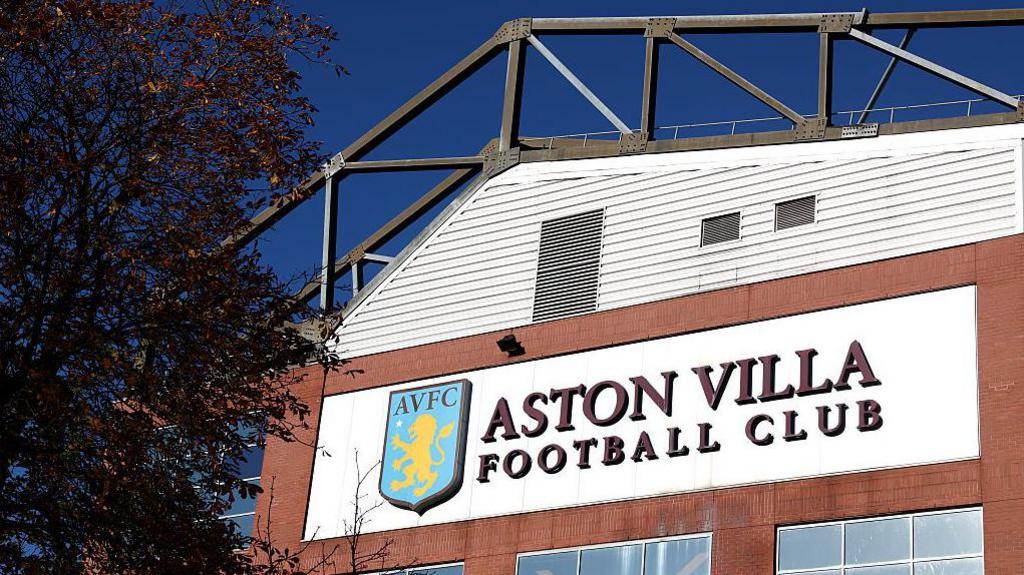Typhoon heads for Vietnam after 114 killed in the Philippines
The death toll from flooding caused by one of the strongest typhoons this year in the central Philippines has risen to at least 114, authorities said on Thursday.
Typhoon Kalmaegi has flooded entire towns on Cebu, the region's most populous island, where 71 deaths were reported. Another 127 are missing and 82 injured, officials said.
Cebu provincial authorities reported an additional 28 deaths, which were not included in the tally released by the national civil defence office, according to AFP news agency.
Kalmaegi left the Philippines on Thursday morning and is currently moving toward central Vietnam, where residents are still reeling from floods that have already killed dozens of people.
Most of the deaths were due to drowning, reports said. The storm sent torrents of muddy water down hillsides and into towns and cities.
Damage to Cebu's residential areas was extensive, with many small buildings swept away and a thick carpet of mud left by the retreating floodwaters.
Local officials described the havoc wrought by the storm as "unprecedented".
Residents returning to their destroyed homes are reeling from the deadly floods earlier this week.
Jel-an Moira Servas, a business owner who lives in Mandaue city, told the BBC that she found herself waist-deep in water within minutes when her house became flooded. She quickly evacuated with her family, bringing only light items like food and electronics.
"Right now, the rain has completely stopped and the sun is out, but our houses are still filled with mud, and everything inside is in shambles," she said. "We don't even know where to start cleaning. I can't even look at it without crying."

 Getty Images
Getty ImagesThe national disaster agency said more than 400,000 people had been displaced by the disaster in Cebu, home to 2.5 million people.
The official death toll also includes six crew members of a military helicopter that crashed on Mindanao island, south of Cebu, after it was deployed to assist in relief efforts on Tuesday.
Carlos Jose Lañas, a volunteer rescuer, told the BBC that despite preparing for the worst case, they were caught off-guard by the extent of the flooding.
"This is the worst flood I've ever experienced," the 19-year-old said. "Almost all the rivers here in Cebu overflowed. Even emergency responders did not expect this kind of scenario."
"The rescue operation was too overwhelming for the emergency responders around Cebu, because there were a lot of people asking for help."
Typhoon Kalmaegi, locally called Tino, is the 20th tropical cyclone this year to hit the Philippines, a country prone to powerful storms.
It comes barely a month after back-to-back typhoons killed over a dozen people and wrought damage to infrastructure and crops.
Super Typhoon Ragasa, known locally as Nando, struck in late September, followed swiftly by Typhoon Bualoi, known locally as Opong.
In the months before, an extraordinarily wet monsoon season caused widespread flooding, sparking anger and protests over unfinished and sub-standard flood control systems that have been blamed on corruption.
Typhoon Kalmaegi left the Philippines at 00:30 local time (16:30pm GMT) on Thursday morning.
It has since strengthened, with maximum sustained winds increasing from 150 km/h to 155 km/h.
It is expected to make landfall in central Vietnam on Friday morning, according to forecasts. More than 50 flights there have been cancelled or rescheduled.
Vietnam has already been battling with a week of flooding and record rains that burst riverbanks and flooded some of the country's most popular tourist spots.
Thailand is also bracing for the storm's impact, with local officials warning of possible flash floods, landslides and river overflows caused by Kalmaegi.











